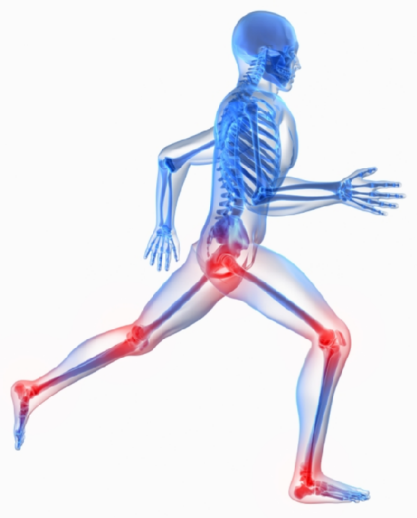Researchers propose new approach to develop orthopedic implants
September 17, 2018 | Monday | News
The researchers used a technique known as surface mechanical attrition treatment (SMAT) to boost bioactivity of alloy’s surface
Researchers from Indian Institute of Science (IISc), Bangalore have proposed a new approach for developing orthopedic implants with better ability to bond with the bone.
Currently, orthopedic implants for knee and hip arthroplasty are made of metallic alloys that contain potentially toxic elements like aluminum, vanadium and nickel. They are also much stiffer than human bone and don’t bond well with the bone.
The research team at IISc has developed a strategy to increase the bioactivity of titanium alloy consisting of non-toxic elements - titanium, niobium and tin, through surface severe plastic deformation (metal working techniques). This approach could help produce new titanium alloys that are less stiff compared to currently use.
The researchers used a technique known as surface mechanical attrition treatment (SMAT) to boost bioactivity of alloy’s surface. In this technique, the metal alloy sheet is placed inside a chamber containing hard steel balls typically used in ball bearings. The chamber is vibrated using electromechanical means because of which the balls start to move randomly at high speed inside the chamber.
“The SMAT treatment deforms surface of the metal sheet, which leads to increase in surface hardness, modification in surface roughness and surface wettability and its chemistry. These modifications are responsible for increasing biological activity of the metal,” explained Dr Kaushik Chatterjee, who led the research.
SMAT can improve biomechanical properties like fatigue and wear resistance, added Dr Sumit Bahl, lead author of the study. The equipment used for the experiment was developed in collaboration with a Bengaluru company.
The research team included Sai Rama Krishna Meka, Sumit Bahl, Satyam Suwas, and Kaushik Chatterjee. The study was supported by the Science and Engineering Research Board (SERB).
(India Science Wire)









